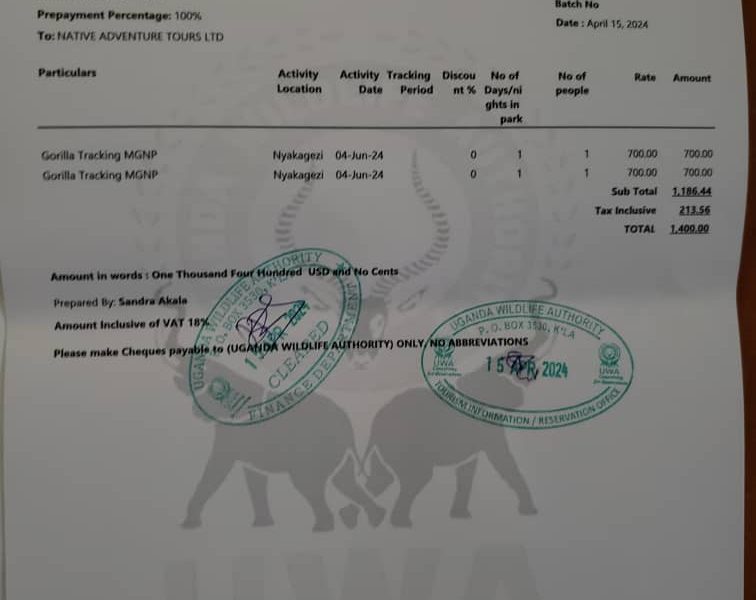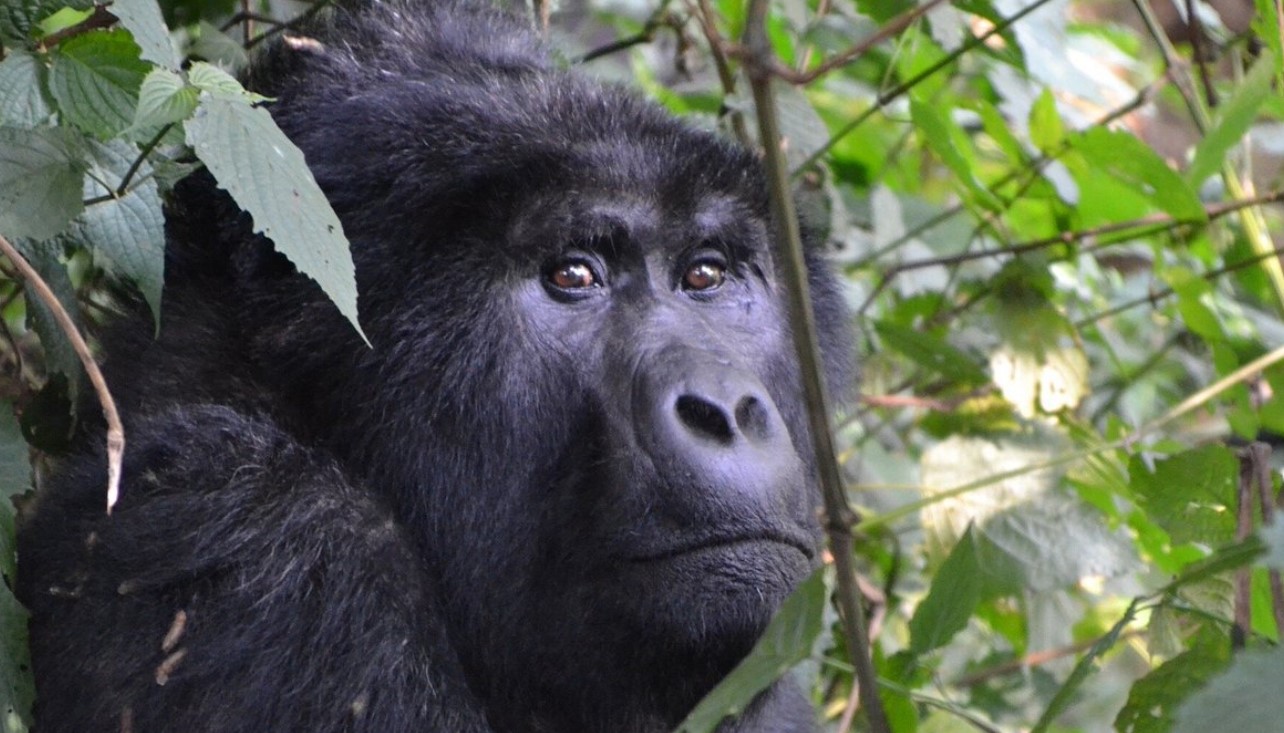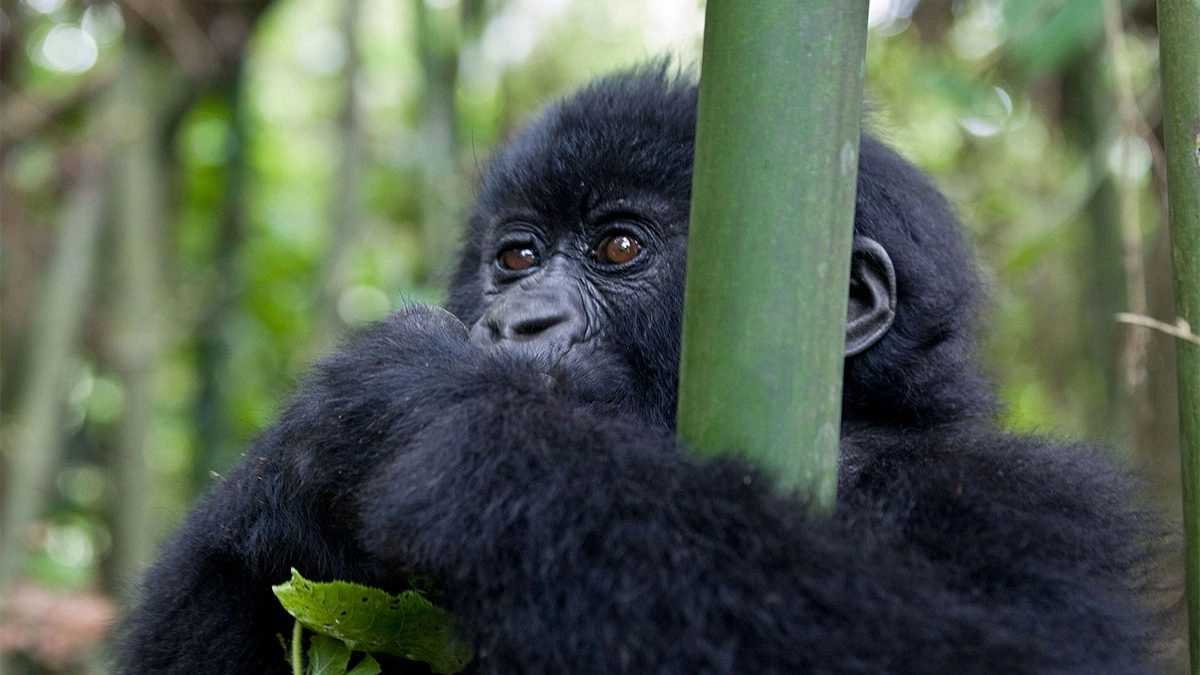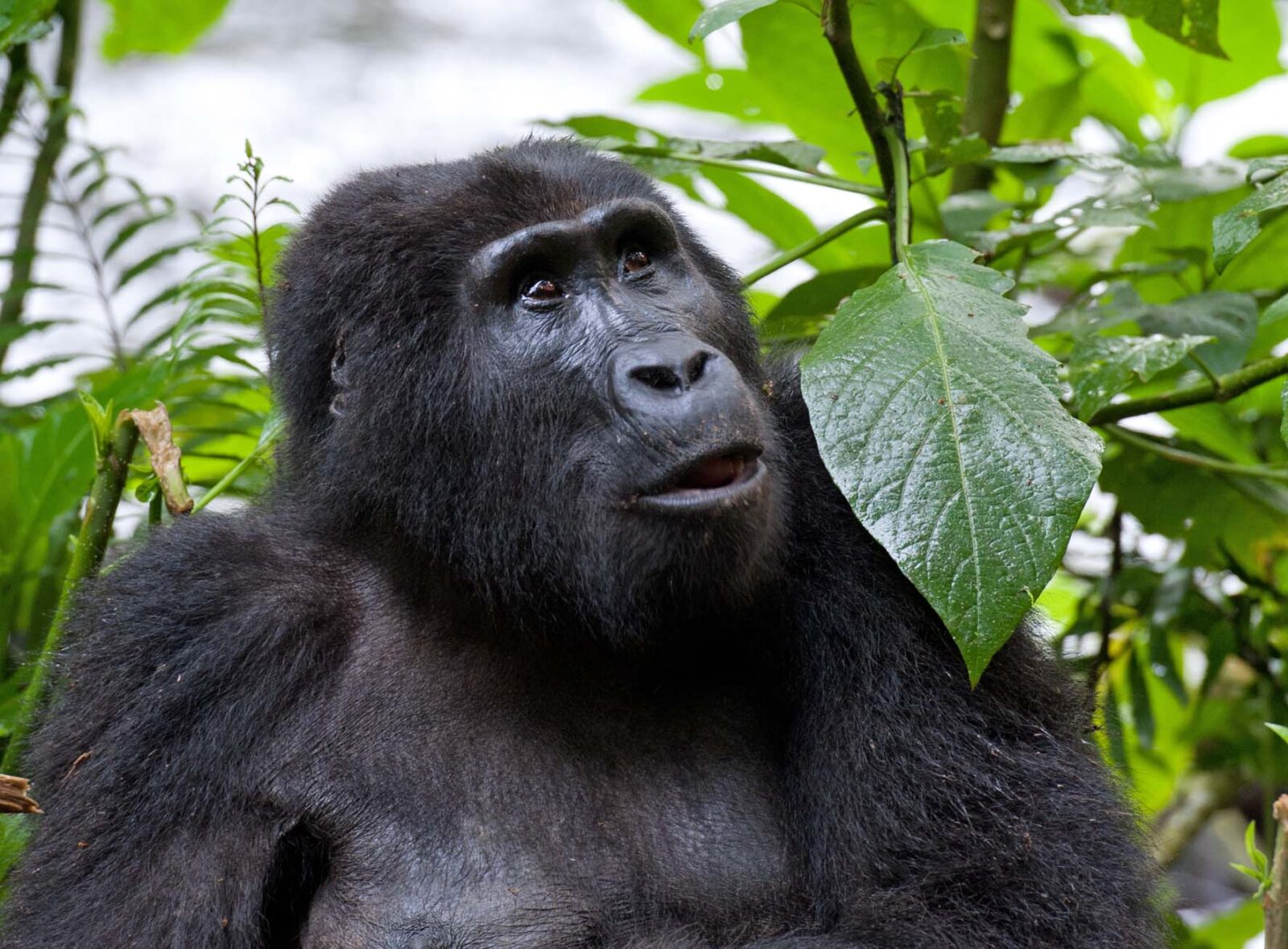
Gorilla Trekking Permits and Costs— Guide
Gorilla Trekking Permits and Costs – Understanding the Price of a Lifetime Encounter
Gorilla trekking is one of Africa’s most powerful and emotional wildlife experiences — a chance to stand face-to-face with the world’s last remaining mountain gorillas in their natural rainforest homes. Because these endangered primates live only in small regions of Uganda, Rwanda, and the Democratic Republic of Congo, visitor numbers are carefully limited. To join a trek, travelers must first obtain a gorilla trekking permit, the key to ensuring both access and the continued protection of these magnificent creatures.
This guide breaks down everything you need to know about gorilla trekking permits — from prices and booking procedures to availability and the value they bring to conservation and local communities.
What is a Gorilla Trekking Permit?
A gorilla trekking permit is an official document issued by the wildlife authorities of Uganda, Rwanda, or Congo that grants visitors permission to enter designated gorilla habitats and spend one unforgettable hour observing a habituated gorilla family.
Each gorilla family is visited by a maximum of eight tourists per day, accompanied by armed rangers and professional guides. This strict limit helps reduce stress on the gorillas, prevent disease transmission, and maintain the intimate, non-intrusive nature of the experience.
Gorilla Trekking Permit Costs
Uganda – $800 per person
In Uganda, gorilla trekking permits are issued by the Uganda Wildlife Authority (UWA) and are valid for either Bwindi Impenetrable National Park or Mgahinga Gorilla National Park.
Cost: USD $800 per person per trek
Foreign Residents (East Africa): USD $700
East African Citizens: UGX 300,000
Gorilla Habituation Experience: USD $1,500 per person
Uganda’s habituation experience allows trekkers to spend up to four hours with a gorilla group still being gently accustomed to human presence — an incredibly rare and in-depth encounter available only in Rushaga and Nkuringo sectors of Bwindi.
Uganda offers the most balanced combination of affordability, accessibility, and quality of experience. Its permits are valid in two separate national parks, giving travelers more flexibility.
Rwanda – $1,500 per person
Rwanda’s gorilla permits are managed by the Rwanda Development Board (RDB) for Volcanoes National Park, home to 12 habituated gorilla families.
Cost: USD $1,500 per person per trek (standard rate)
African Citizens: USD $500
Foreign Residents: USD $500
Special discounted permits are occasionally offered for domestic tourism campaigns or conferences.
Rwanda positions itself as a luxury gorilla trekking destination, with high-end lodges, well-paved roads, and a seamless park management system. While the permits are the most expensive, the experience is exceptionally polished and easy to combine with Kigali city tours or Akagera safaris.
Democratic Republic of Congo (DRC) – $400 per person
The most affordable option is found in the Democratic Republic of Congo, where gorilla permits are managed by the Institut Congolais pour la Conservation de la Nature (ICCN) for Virunga National Park.
Cost: USD $400 per person per trek
Discounts: Off-season rates (as low as $200–$300) may apply from March to May and October to December.
Congo’s gorilla trekking is ideal for seasoned adventurers seeking a more raw and off-the-beaten-path experience. In addition to mountain gorillas in Virunga, travelers can also visit Kahuzi-Biega National Park to see the rare Eastern Lowland Gorillas, a separate subspecies known for their size and gentle nature.
Why Gorilla Permits Are Expensive
Gorilla trekking permits may seem costly, but the price reflects the immense conservation and management effort involved in protecting such a fragile species.
Conservation Funding: A large portion of each permit fee supports anti-poaching patrols, veterinary care, and habitat preservation.
Community Support: Around 10–20% of permit revenue goes directly to surrounding communities to fund schools, clinics, and local infrastructure, ensuring that tourism benefits those who live near the gorillas.
Sustainability: Limiting trekkers to small groups minimizes environmental impact and ensures each visitor enjoys an authentic, low-impact experience.
In short, your permit does more than grant access — it safeguards the gorillas’ future and uplifts the people who coexist with them.
How to Book Gorilla Permits
Permits can be booked in two main ways:
Through an Authorized Tour Operator or Safari Company
Most travelers choose to book through licensed operators like Imvelo Safaris. These companies handle the permit purchase directly from the wildlife authority and organize full trekking packages including accommodation, transport, and logistics.
Directly from the Park Authority
Uganda Wildlife Authority (UWA): www.ugandawildlife.org
Rwanda Development Board (RDB): www.rdb.rw
Virunga Foundation (DRC): www.visitvirunga.org
Due to high demand, it’s recommended to book permits 3–6 months in advance, especially for peak trekking seasons (June–September and December–February).
Permit Validity and Regulations
Each permit allows one trek and one hour with a specific habituated gorilla family.
Trekkers must be 15 years or older.
Permits are non-transferable and non-refundable, except in special cases (e.g., illness before trekking).
A maximum of eight people visit each gorilla family per day.
Visitors showing symptoms of contagious diseases (like flu or COVID-19) may be denied entry to protect gorillas from infection.
Discount Opportunities
Off-Season Discounts: In low travel months (March–May and October–November), Uganda and Congo sometimes offer reduced rates or combined tour packages.
Combination Safaris: Travelers booking multiple park visits (such as gorilla trekking plus wildlife safaris) often receive customized pricing through tour operators.
Resident and Citizen Discounts: Foreign residents and East African nationals enjoy reduced rates across the region.
Gorilla Trekking Cost Breakdown (Typical Mid-Range Safari in Uganda)
For travelers planning a 3- or 4-day gorilla trekking safari, the approximate breakdown is as follows:
Gorilla Permit: $800
Accommodation (2–3 nights): $300–600
Transportation (4WD safari vehicle & driver): $200–300
Park entry & local guide fees: $50–100
Meals and community visits: $50–100
Estimated Total: $1,400 – $1,800 per person (mid-range package)
Luxury packages can exceed $3,000 per person, while budget travelers who share transport and lodging may spend around $1,200.




